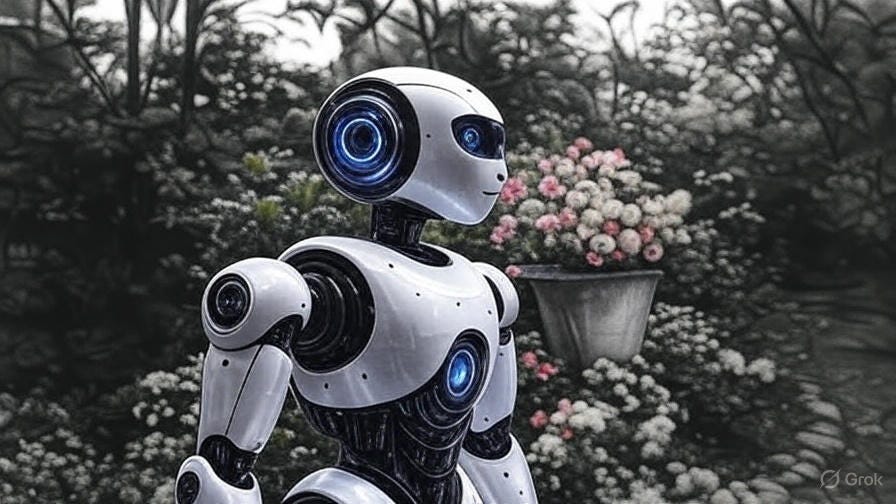In a previous post, I mentioned Google’s antitrust case and the unusual proposal that Perplexity might buy Chrome. The final ruling is now in, and it shows just how much the landscape has shifted since the launch of ChatGPT.
Judge Amit Mehta ordered Google to share data with competitors but stopped short of forcing the company to sell Chrome. In his decision, he pointed to the rapid rise of generative AI as a factor that fundamentally changed the case. “The emergence of generative A.I. changed the course of this case,” he wrote.
Google’s vice president of regulatory affairs praised the finding, noting that AI had reshaped the competitive environment. Judge Mehta himself made clear that he was reluctant to intervene heavily in an industry that’s being transformed at breakneck speed by companies like OpenAI.
I think had this case been decided before November 2022, the outcome would likely have been very different.
And yes, Judge Mehta’s ruling actually nodded to Taylor Swift’s engagement. I tried slipping that into my last newsletter too, though mine didn’t exactly go viral.
Your English teacher and your gym teacher are getting married... but your AI teacher is worried
Pop-culture may be in its daylight era, but the AI world feels a bit more all too well after a string of tough realizations in recent days.
TikTok’s Harmful Content Problem
The Center for Countering Digital Hate (CCDH) has released a troubling new report on TikTok. Researchers created accounts in the United States, United Kingdom, Canada, and Australia using the minimum allowed age of 13. The results were alarming.
Within 2.6 minutes, TikTok recommended suicide-related content.
Within 8 minutes, content promoting eating disorders appeared.
Every 39 seconds, teens were served videos about body image and mental health struggles.
The findings add to growing concerns about TikTok’s algorithm and its impact on young users’ mental health.


